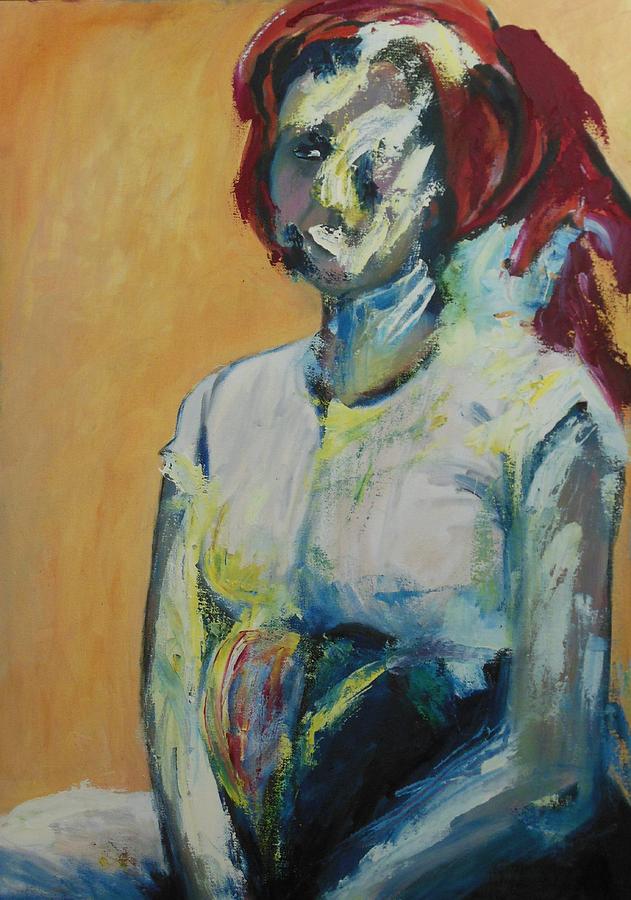Now Dinah the daughter of Leah, whom she had
borne to Jacob, went out to visit the women of the region. When Shechem
son of Hamor the Hivite, prince of the region, saw her, he seized her and lay
with her by force. And his soul was drawn to Dinah daughter of Jacob; he
loved the girl, and spoke tenderly to her. So Shechem spoke to his father
Hamor, saying, “Get me this girl to be my wife.”
After three thousand years of enduring in silence, perhaps
Dinah’s day is dawning at last.
Her story—or, more accurately, her male relatives’ version
of her story—sits squarely at the center of this week’s Torah portion, Vayishlach. When Dinah goes out to visit the women of the
land, Shechem, the son of a local chieftain, rapes her and then asks his
father, Hamor, to acquire her for him as a wife. Jacob’s sons consent to the request—but only
on the condition that Hamor and Shechem and their entire tribe agree to
circumcise themselves. The men of
Shechem keep up their end of the bargain, but while they are still weak from
their wounds, Jacob’s sons Shimon and Levi attack the town, slaughter all of
the men and plunder the women and children.
When Jacob condemns his sons for their violence, they respond, “Shall he
then have been allowed to treat our sister like a whore?”
Over the years, most of our traditional (male) commentators
have criticized Dinah, some even going so far as to suggest that she brings the
tragic consequences on herself by “going out” in an inappropriate manner. Tellingly, Dinah—whose name means
“judgment”—does not say a word in the entire episode. Torah tells us nothing of her feelings, her
words, her reactions to everything that happens to her. In The
Five Books of Miriam: A Woman’s Commentary on the Torah, author Ellen
Frankel conjures Dinah’s voice: “Because from the moment of my birth, I was
fated to remain silent. When I was born,
my name, unlike my brothers’, was announced without interpretation. When I was raped, my cries went
unrecorded. When my brothers negotiated
with Hamor for my hand, my wishes were not considered. And when my father, Jacob, bestowed his
blessings upon his children, I received none.
That was why I visited the Canaanite women. Utterly invisible at home, I craved attention
and went out looking for it. Only too
late did I learn that neglect is not the only injury a woman can suffer.”
Since Dinah, of course, countless myriads of women have
suffered sexual harassment and violence at the hands of men. Indeed, as the #metoo movement has
illustrated, virtually no women have escaped the experience to some degree or
another. And like Dinah, most have kept
silent, understandably fearing the reprisal and shaming that have typically
dogged those with the courage to come forward.
But today, at least in America, for the moment, that fear
finally seems to be diminishing. As
Seattle Times writer Mindy Cameron notes in a recent op-ed: “All this could be
a watershed moment. . . a reckoning and a clear warning to all men who presume
they have the privilege and power to harass and abuse.”
This is, of course, just a beginning. We men must take responsibility for our
actions and speak—and act—out against all kinds of denigration and exploitation
of women. The rules of the past no
longer apply—nor should they. This is
the time for us to listen. Dinah and her
sisters have been waiting a long time to have their say.
